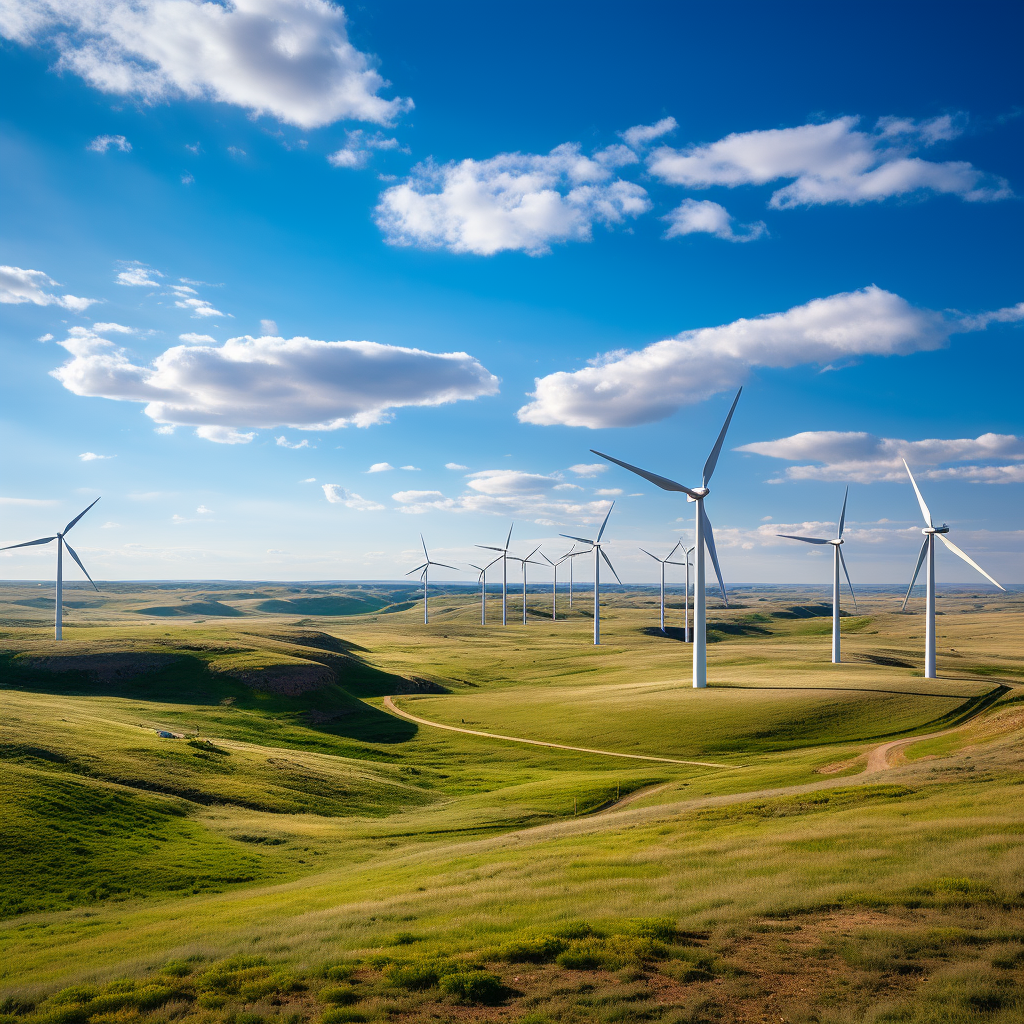The Future of Renewable Energy: Can It Replace Fossil Fuels?

The journey towards replacing fossil fuels with alternative and renewable energy sources is complex and challenging. While the hope is that, in the future, renewable energy can replace fossil fuels, the reality is that currently, they serve more as a supplement rather than a complete substitute. Our modern society is heavily dependent on fossil fuels, particularly crude oil, for a wide range of applications.
The Pervasiveness of Crude Oil
Crude oil is a mixture of hydrocarbons formed from plants and animals that lived millions of years ago. It exists in liquid form in underground reservoirs and tar sands. After extraction, crude oil is refined into various petroleum products, including gasoline, diesel, jet fuel, waxes, lubricating oils, and asphalt. These products are integral to our transportation, heating, and electricity generation, as well as being feedstocks for chemicals, plastics, and synthetic materials found in nearly everything we use. In fact, a single barrel of crude oil yields about 45 gallons of petroleum products due to refinery processing gains.
Extensive Use of Petroleum Products
The list of products made from petroleum is extensive and often surprising. It includes everyday items like solvents, ammonia, sports equipment, medical devices, antiseptics, various types of plastic, synthetic rubber, and even products like denture adhesive and synthetic fabrics. This wide range of applications illustrates the challenge in fully transitioning away from fossil fuels to renewable sources.
| Category | Products |
|---|---|
| Personal Items | Hair Curlers, Bandages, Toothbrushes, Lipstick, Sunglasses |
| Household Items | Upholstery, Floor Wax, Curtains, Shag Rugs, Shower Curtains |
| Automotive & Fuel | Diesel Fuel, Motor Oil, Antifreeze, Tires, Fan Belts |
| Clothing & Accessories | Sweaters, Dresses, Football Cleats, Shoes, Purses |
| Electronics & Appliances | Telephones, CD Players, Refrigerators, Vacuum Cleaners |
| Health & Medical | Medical Devices, Antiseptics, Vitamin Capsules, Heart Valves |
| Sports & Recreation | Basketball, Footballs, Fishing Rods, Tennis Rackets, Golf Balls |
| Construction & Home Improvement | Paint, Caulking, Epoxy, Roofing, Linoleum |
| Food & Drink | Food Preservatives, Drinking Cups, Refrigerant, Water Pipes |
| Beauty & Hygiene | Shampoo, Deodorant, Perfumes, Soap, Shaving Cream |
| Office & Art | Ballpoint Pens, Paint Brushes, Crayons, Markers, Glue |
| Outdoor & Gardening | Fertilizers, Insect Repellent, Garden Hoses, Flower Pots |
The Renewable Energy Landscape
Despite these challenges, the renewable energy sector is experiencing significant growth. Solar and wind power are leading the way, with global renewable electricity capacity expected to increase dramatically in the coming years. However, this transition involves not just replacing one form of power generation with another; it requires a fundamental shift in our energy infrastructure, economic models, and consumption habits.
Challenges in Transitioning to Renewable Energy
The transition to renewable energy faces several hurdles:
- Technological and Infrastructure Development: Developing technologies that can efficiently harness and store renewable energy is crucial. Moreover, existing infrastructure must be adapted or rebuilt to accommodate these new energy sources.
- Economic and Policy Shifts: Economic incentives, government policies, and international cooperation play vital roles in fostering the growth of renewable energy.
- Societal Adaptation: Changing consumption patterns and societal habits is essential to reduce dependence on fossil fuels.
- Supply Chain and Workforce: The renewable energy sector needs to address supply chain challenges and build a skilled workforce to meet its growth demands.
The Future of Energy
The transition to renewable energy is not just an environmental imperative but also an opportunity for economic and social transformation. While renewable energy currently supplements rather than replaces fossil fuels, continuous advancements in technology, policy, and societal engagement have the potential to change this dynamic.
The Role of Innovation
Innovation in renewable energy technology, including improvements in solar panel efficiency, wind turbine design, and energy storage solutions, is vital. Additionally, advancements in areas like biofuels and hydrogen energy hold promise for a more sustainable energy future.
Global Cooperation and Policy
International cooperation and strong policy frameworks are necessary to accelerate the transition to renewable energy. Governments around the world need to commit to renewable energy targets and provide the necessary support and incentives to achieve them.
Conclusion
The question of whether alternative and renewable energy sources can replace fossil fuels is not just a matter of possibility but of collective will and effort. As we continue to make strides in renewable energy technology and policy, the prospect of a sustainable, fossil fuel-free future becomes increasingly achievable. The path ahead is undeniably complex, but the progress made thus far provides a foundation for optimism and continued effort toward a cleaner, more sustainable energy landscape.
